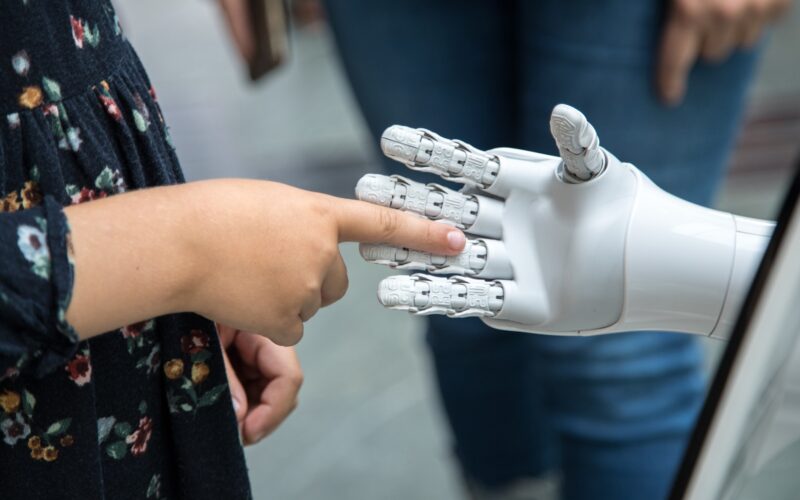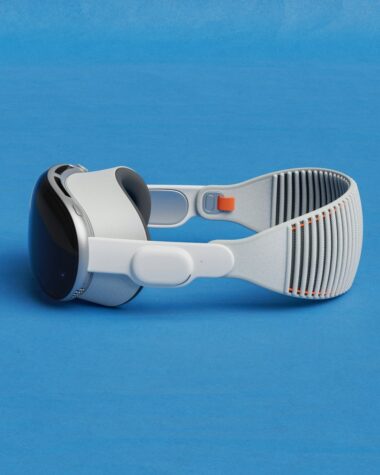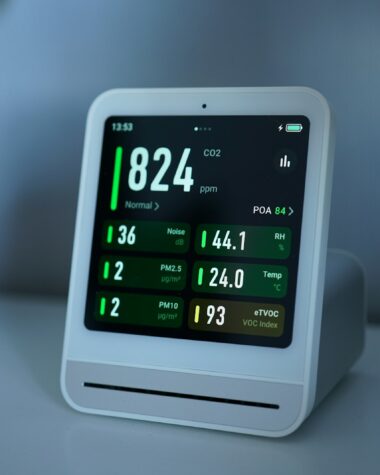Automation is no longer limited to factories or large corporations; it has entered homes, offices, and everyday routines. From smart appliances to AI-driven task management, automation simplifies repetitive work, increases efficiency, and frees up time for creative and meaningful activities. The real impact of automation lies not only in productivity but also in the quality of daily life, as individuals can focus on higher-value tasks while routine processes are handled seamlessly.
This article explores how automation reshapes daily tasks, the technologies behind it, and the benefits and considerations for integrating automated systems into modern living.
1. Home Automation
Smart Appliances and Convenience
Modern homes are equipped with smart devices that automate chores and routines. From robotic vacuum cleaners to intelligent washing machines and coffee makers, technology can handle mundane tasks automatically. These systems save time and reduce the mental load of managing multiple household duties, allowing residents to focus on work, family, or personal pursuits.
Energy and Resource Efficiency
Automation also optimizes energy and resource use. Smart thermostats adjust heating and cooling based on occupancy, while smart irrigation systems water gardens only when necessary. By minimizing waste, these automated solutions support both environmental sustainability and financial savings.
2. Office and Work Automation
Streamlining Repetitive Tasks
Automation in the workplace reduces manual effort in administrative tasks such as data entry, scheduling, and reporting. AI-powered software can organize emails, generate reports, and even prioritize tasks, enabling employees to spend more time on strategic work that requires creativity and problem-solving.
Improving Workflow and Collaboration
Collaborative platforms often integrate automated features that track project progress, assign tasks, and provide reminders. This reduces miscommunication and ensures deadlines are met efficiently, creating a smoother, less stressful workflow.
3. Personal Productivity Tools
Task Management and Reminders
Automated task management apps remind users of deadlines, recurring tasks, and appointments. By centralizing responsibilities and sending timely alerts, these tools prevent oversight and help maintain structure in busy schedules.
Time Optimization
AI-driven calendars and productivity apps suggest optimal times for focused work, breaks, or meetings based on patterns and priorities. This ensures daily routines are organized effectively, balancing productivity and rest.
4. Financial Automation
Bill Payments and Budget Tracking
Automation simplifies personal finance through scheduled payments, expense tracking, and savings recommendations. Users no longer need to manually manage recurring bills or monitor spending continuously, reducing stress and preventing missed payments.
Insights and Forecasting
AI-powered financial tools analyze spending patterns, predict future expenses, and offer personalized budgeting advice. This automated guidance empowers users to make informed decisions, manage resources efficiently, and achieve financial goals with minimal effort.
5. Health and Wellness Automation
Fitness and Activity Monitoring
Wearable devices automatically track steps, heart rate, and sleep patterns. This real-time feedback helps individuals adjust routines for better health outcomes without manual logging. Automated reminders encourage movement, hydration, and balanced activity, supporting sustainable wellness habits.
Diet and Meal Planning
Apps can automate meal tracking, suggest recipes based on nutritional goals, and adjust dietary recommendations according to activity levels. This reduces decision fatigue, encourages healthy eating habits, and integrates wellness seamlessly into daily routines.
6. Transportation and Daily Commutes
Smart Navigation and Traffic Management
Navigation apps provide automated route optimization, real-time traffic updates, and estimated arrival times. Commuters save time, reduce fuel consumption, and avoid congestion without actively analyzing traffic conditions.
Ride-Sharing and Autonomous Vehicles
Automation in transportation extends to ride-sharing and self-driving technology. Autonomous vehicles and app-driven transport services reduce the mental load of planning commutes, coordinating rides, and parking, transforming daily travel into a more relaxed experience.
7. Social and Lifestyle Automation
Content Curation and Recommendations
AI algorithms curate news, entertainment, and learning content based on user preferences. By automating discovery, these systems save time and provide personalized experiences, whether for leisure, education, or professional development.
Smart Scheduling for Social Engagement
Automation tools help manage social calendars, send reminders for birthdays or events, and even suggest optimal times for meetings or gatherings. This ensures personal connections are maintained without overwhelming the user with manual planning.
Conclusion
Automation is redefining daily life, making routine tasks faster, easier, and more efficient. From homes and offices to personal productivity, finance, health, transportation, and social life, automated systems allow individuals to focus on what truly matters.
The key to maximizing benefits lies in thoughtful integration: using automation to handle repetitive work while preserving human creativity, judgment, and connection. When applied strategically, automation enhances quality of life, reduces stress, and creates more time for meaningful activities, turning everyday routines into seamless, productive, and fulfilling experiences.








